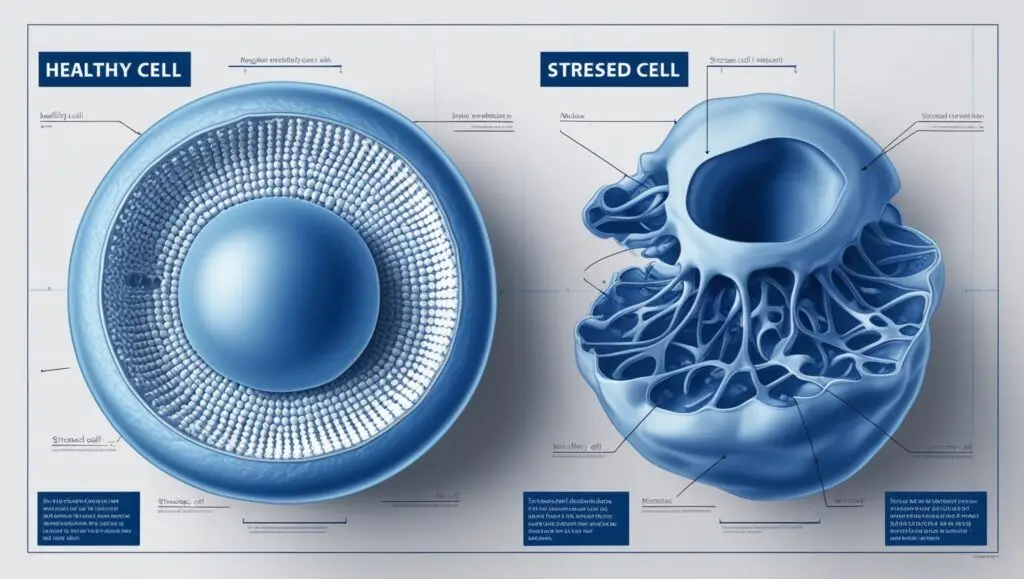In today’s wellness landscape, detox diets have become increasingly popular, with promises ranging from rapid weight loss to enhanced vitality. But what’s the science behind these claims, and why do people genuinely choose to pursue detoxification programs? Let’s explore the evidence-based benefits and practical considerations of detox diets.
Understanding Modern Detoxification
The human body is equipped with remarkable natural detoxification systems—primarily the liver, kidneys, and lymphatic system. However, our modern environment presents unprecedented challenges:

- Environmental toxins from air pollution
- Processed foods with artificial additives
- Increased exposure to plastics and chemicals
- Digital stress and electromagnetic exposure
- Lifestyle factors affecting cellular health
Evidence-Based Benefits of Strategic Detoxification
1. Enhanced Metabolic Function
Recent studies suggest that targeted detoxification programs can support:
- Improved nutrient absorption
- Optimized cellular regeneration
- Better metabolic pathways
- Reduced oxidative stress
- Enhanced bioavailability of nutrients
2. Digestive Health Optimization

A well-planned cleanse can promote:
- Restored gut microbiome balance
- Improved gastrointestinal health
- Better prebiotic and probiotic levels
- Reduced bloating and inflammation
- Enhanced natural digestive processes
3. Mental Clarity and Cognitive Function
Research indicates potential benefits including:
- Reduced brain fog
- Improved concentration
- Better sleep quality
- Enhanced stress management
- Clearer thought processes
Choosing the Right Approach
Short-Term vs. Sustainable Detoxification
Modern nutritionist-approved approaches typically recommend:
- 3-day gentle cleanse for beginners
- Week-long programs for experienced practitioners
- Seasonal cleaning protocols
- Maintenance phases for long-term benefits

Key Components of a Science-Backed Detox
- Nutrition Foundation
- Chlorophyll-rich foods
- Cruciferous vegetables
- Adaptogenic herbs
- Antioxidant-rich superfoods
- Clean protein sources
- Lifestyle Integration
- Quality sleep optimization
- Stress reduction techniques
- Regular physical movement
- Digital wellness practices
- Mind-body connection exercises
Safety and Implementation
Professional Guidance
Best practices include:
- Consultation with healthcare providers
- Customization based on health status
- Regular monitoring of progress
- Adjustment of protocols as needed
- Integration with existing health plans
Common Considerations
Important factors to evaluate:
- Current health status
- Personal goals and objectives
- Time commitment availability
- Support system access
- Resource availability
Practical Implementation Steps
- Preparation Phase
- Medical clearance if needed
- Kitchen preparation
- Meal planning
- Schedule adjustment
- Support system setup
- Execution Strategy
- Morning routine establishment
- Hydration protocol
- Meal timing optimization
- Movement integration
- Stress management techniques
Long-Term Success Strategies
Sustainable Practices
Focus on:
- Gradual transitions
- Habit formation
- Lifestyle integration
- Regular evaluation
- Progressive advancement

Maintenance Protocol
Include:
- Regular check-ins
- Periodic gentle cleanses
- Ongoing education
- Community support
- Progress tracking
Conclusion: Making an Informed Choice
Choosing a detox diet should be a well-informed decision based on:
- Personal health goals
- Professional guidance
- Scientific evidence
- Individual circumstances
- Sustainable practices
When approached mindfully, detoxification can serve as a valuable tool for health optimization. The key lies in choosing evidence-based methods, maintaining realistic expectations, and focusing on sustainable, long-term health benefits rather than quick fixes.
Remember: Your journey to optimal health is unique. Consider detoxification as one component of a comprehensive wellness strategy, always prioritizing safety and sustainability over rapid results.
Disclainmer: Consult with healthcare professionals before starting any new dietary program, especially if you have existing health conditions or concerns.

